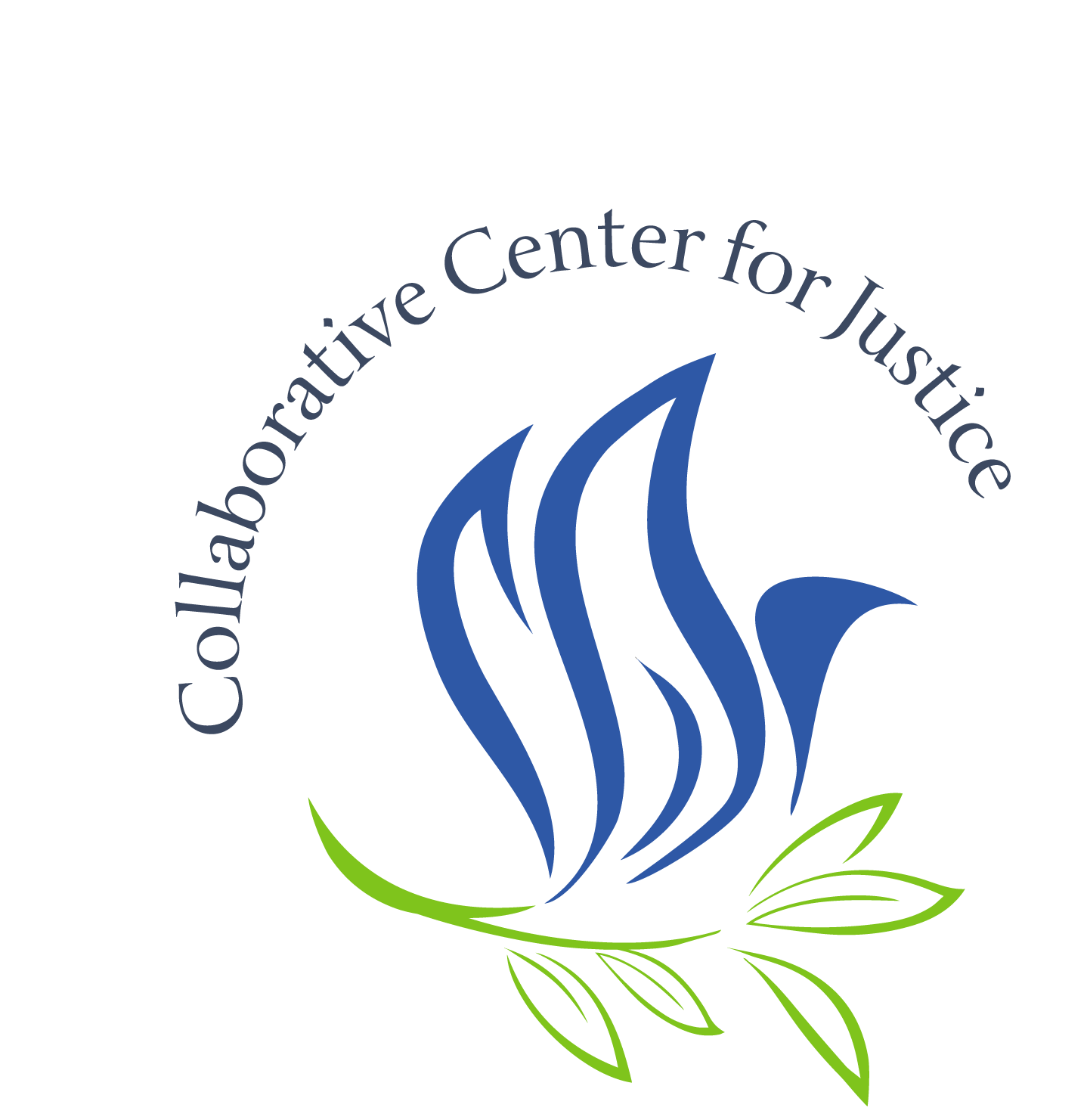Here are five criminal justice reform bills currently under consideration in Connecticut. They need your support now to make it through the final stages of the state legislative process. The Connecticut General Assembly’s “Find Your Legislators” page will provide you with a list of your state and federal legislators. Click on the names of your state legislators to be taken to their personal pages that have their phone numbers and email addresses.
Relief from Some Criminal Records: According to the FBI, approximately 30% of American adults have some form of criminal record. Even the record of an arrest that did not result in a conviction can haunt people and their families forever by locking them out of opportunities. Nationally, most employers (90%), landlords (80%), and colleges (60%) use background checks in the recruiting process. S.B. 1019, also known as Clean Slate, would automatically erase the criminal records of people who served sentences of 10 years or less, and who have remained crime-free for a period of time after release. Those convicted of sex crimes and family violence are ineligible to have their records erased.
Click here to learn more about S.B. 1019. The Collaborative Center is closely involved in the Clean Slate campaign through our work in the Greater Hartford Interfaith Action Alliance. Contact your legislators now to support the bill as is.
End Solitary Confinement: In 2019, between 55,000 and 62,500 spent 15 days or more in solitary confinement, a practice that the United Nations regards as torture. Solitary confinement increases the risk of premature death upon release and has been shown to cause irreparable psychological harm even in those who entered without diagnosed conditions. The Protect Act (S.B. 1059) would outlaw prolonged isolation in Connecticut’s prisons with a few specific exceptions, ensure minimum standards for its use, and ensure that no one is placed solitary for more than 72 consecutive hours or 72 total hours in any two-week span.
Click here for more information from Stop Solitary CT on the Protect Act (S.B. 1059) and prolonged isolation.
Raise the Minimum Age of Arrest: Children as young as seven years old can be arrested and sent to court in Connecticut. In 2019 alone, nearly 100 children aged 12 or younger, including a six-year-old, were arrested, and 57% of them were children of color. Arrests are traumatizing for many, and especially harmful to children, potentially causing physical harm, increased likelihood of rearrest, and limiting access to education and employment in the future. H.B. 6667 would raise the minimum age from seven to 12 years old, ban the use of chemical agents such as teargas on children in prisons, and establish a committee to plan the eventual phasing out of suspensions and expulsions from schools.
Click here for more information on the raise the age campaign from the Connecticut Juvenile Justice Alliance. Contact your legislators to support H.B. 6667.
Free Communication with Incarcerated People: Connecticut is one of the most expensive states in the country for incarcerated people to make in-state phone calls at $4.87 for a five-minute call. They are so expensive, in part, because the state takes a 68% kickback on those calls. Furthermore, research has long shown that maintaining familial and social ties while incarcerated improves outcomes upon release, including reduced likelihood of recidivism. S.B. 972 would make phone calls, emails, and video calls to incarcerated people free.
Click here for more information on prison telecommunications. Contact your legislators to support S.B. 972.
Voting Rights for People on Parole: Parole is a conditional early release program from prison. It is when the state declares that a person has served enough time and ought to reintegrate into society under the supervision of a parole officer. Unfortunately, the conditions are usually onerous and do not promote human flourishing. In Connecticut, for instance, people out on parole, attempting to contribute to society, cannot do so through the ballot box if they were convicted of a felony or have outstanding fines. S.B. 5 would restore voting rights to these people without regard for their convictions or the status of their fines.
In addition to restoring the voting rights of people on parole, S.B. 5 would also automate the voter registrations, make Election Day more accessible to people who face different barriers to in-person voting, and further support absentee voting. Click here to learn more about S.B.5. Contact your state senator to support the bill while it awaits action in the Senate.



